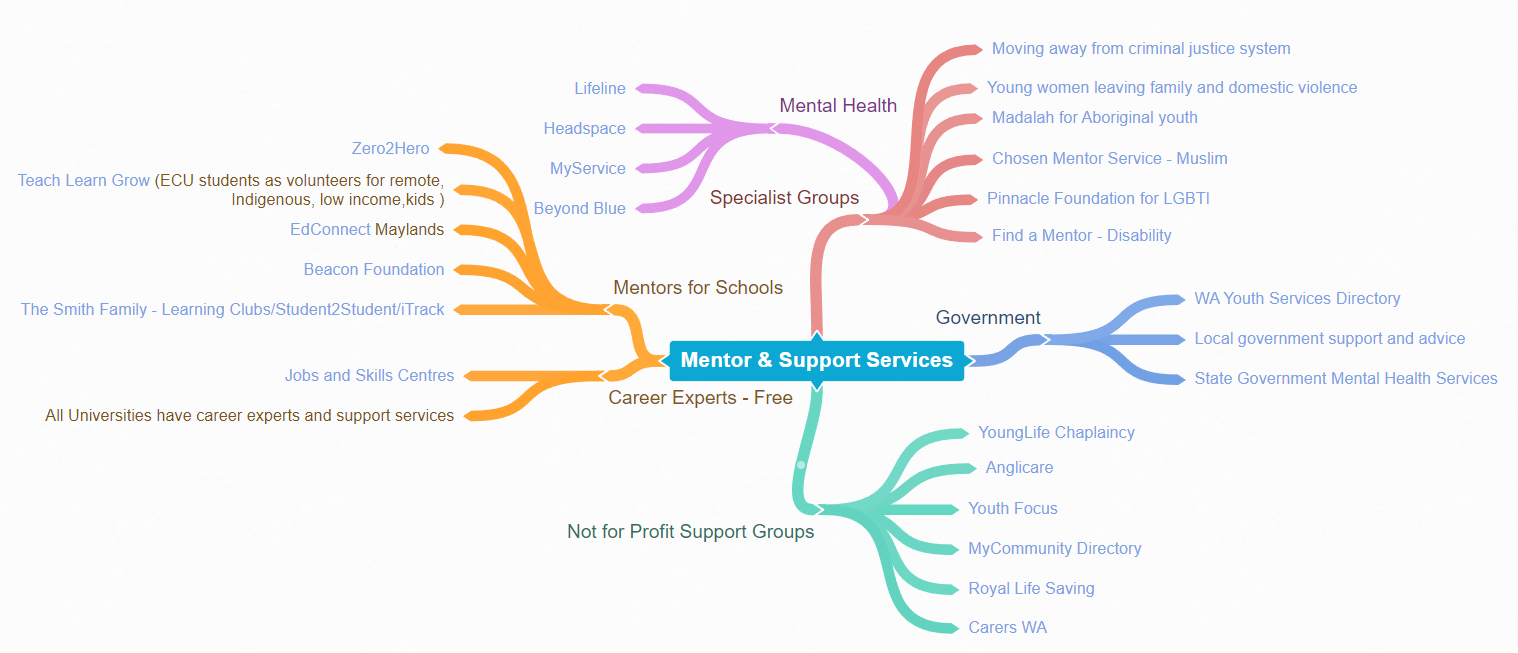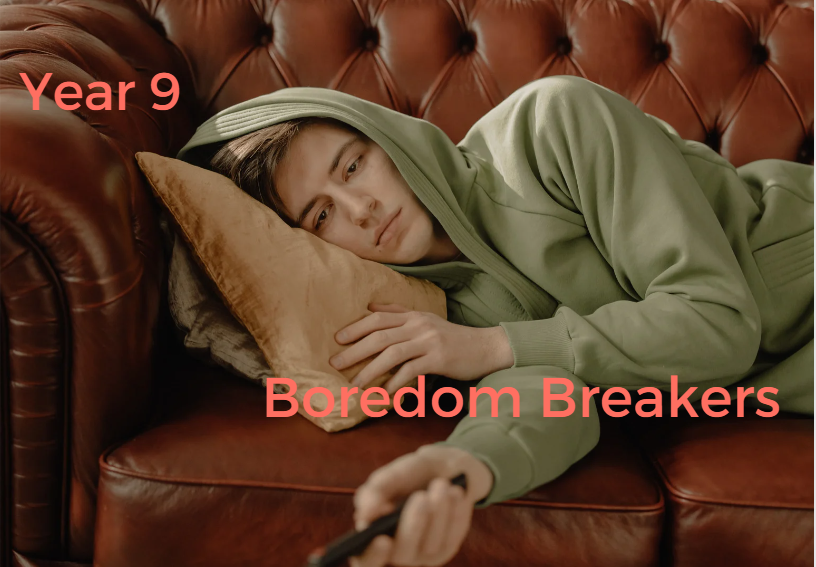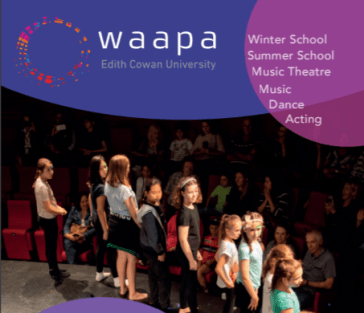
In January 2020 I was on holiday with my family at a BnB in Dunsborough. We were sitting on the deck overlooking the bush when we first heard about a virus in China that would go on to cause chaos in our lives.

My oldest grandkids were only 9 at the time and they were off in the bush building cubby houses. Their lives were about to be thrown into turmoil.
Middle School
There is now a bubble of middle school students who may not remember life before COVID. They will not know how middle school students used to engage with life beyond childhood.
We are still creating that “new normal”.
At the Career Teacher Master Class at Murdoch this year, Dr. Chad Morrison explained that:
- we don’t yet know the impact of COVID on students
- we do know that kids are going to school less and engaging differently
- Low SES students were less ready to learn online (Sonnemann & Goss, 2020, p7)
- There would be a greater impact of social shocks on households, particularly low SES households with insecure incomes.
My 11-year-old grandkids have now started high school in the most disrupted academic year ever experienced in WA. Teachers have been off work with COVID. Relief teachers have tried to cover the gaps. My grandkids have been off school, then got into trouble from relief teachers for not having completed work.
I suspect that any middle school students who had minor social and mental health issues two years ago, will not have had opportunities to engage in activities that would have helped them to work through their issues at their own pace.
Life is tougher for middle school students in 2022.
Solutions for Exhausted Teachers
Teachers are burnt out. They don’t have the energy to build a village that will support middle school students.
Promoting existing services is an easy step that can be taken.
School Chaplains
If you have a wonderful school chaplain, help them to engage with your students.
Community Services
I got in touch with the Department of Communities. They said that:
- District Offices refer troubled students to the Department’s mentoring program.
- EdConnect has around 2000 volunteers who work across schools. EdConnect was mentioned by a few people when I put out a request for information on Facebook and LinkedIn.
It takes a village to raise a child
As I am becoming more aware of the bubble of COVID affected middle school students I have written:
- Leaving School Early IS an option
- Year 9 boredom breakers
- Any journey from childhood to adulthood is a long one. Would a mentor help?
In this final post I have a Mentor and Support Services map. I will continue to build that as people let me know of additional services which students can tap into to create their own village.
These opportunities will help students to create their own village as they move into adulthood. Getting started is the toughest step.
I will continue to look for ideas that will help them to make the transition.
Please join the In Focus Careers community to engage with others who are working to support career development in schools in WA.
Subscribe to In Focus Careers monthly magazine for West Australian schools.





















